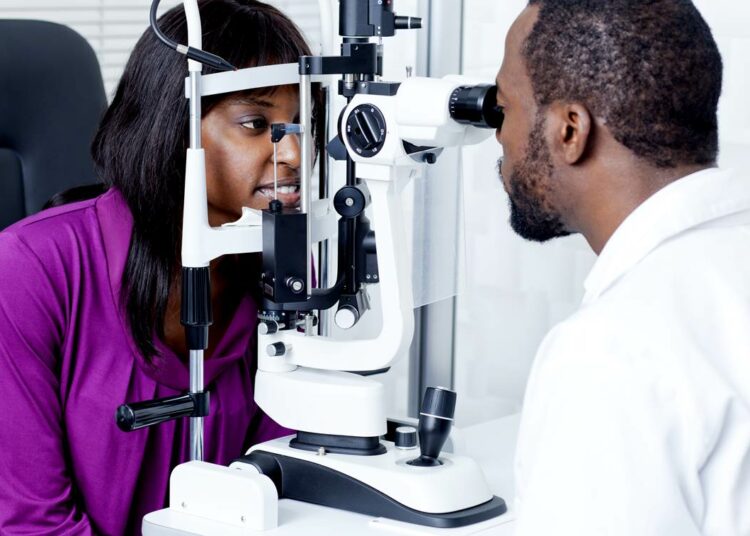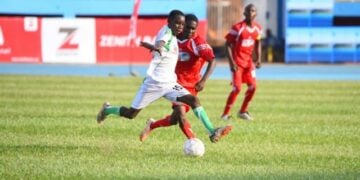To address critical gaps in eye care for vulnerable populations, Sightsavers and Bloomberg Philanthropies’ Global Vision Initiative have announced a new $75 million Vision Initiative to combat untreated vision impairment in low- and middle-income countries.
As part of this ambitious effort, the international development organisation Sightsavers will collaborate with the Ministries of Health and Education in Nigeria to strengthen vision and eye health services.
This includes training health workers and teachers in basic eye health screening, providing eye examinations and glasses, and conducting outreach in communities, workplaces, schools, and among out-of-school children.
The landmark event brought together stakeholders from various sectors — academia, business leaders, health experts, government representatives, students, and the elderly — to mark a significant step in global eye health advancement.
Speaking at the 2025 World Sight Day celebration in Abuja yesterday, themed “Love Your Eyes: People at the Heart of Eye Health,” Prof. Joy Shua’ibu, country director at Sightsavers, highlighted the initiative’s global scope and impact.
“Overall, the Bloomberg Philanthropies Vision Initiative will conduct vision screenings for 11.5 million people, distribute nearly seven million pairs of eyeglasses, and restore sight to 250,000 people through cataract surgeries in the United States, Bangladesh, Cambodia, Ethiopia, Kenya, and Nigeria,” she said.
Bloomberg Philanthropies’ announcement aligns with Sightsavers’ call this World Sight Day (9 October) for increased action to reduce avoidable vision impairment, particularly uncorrected refractive errors and cataracts.
“Vision and eye care remain a ‘missing’ topic in global health and development priorities,” Prof. Shua’ibu noted. “At least 1 billion people worldwide — that’s one in eight — live with untreated or preventable vision impairment. Addressing this is essential to achieving the United Nations Sustainable Development Goals.”
She emphasised that increased investment in eye care from governments, philanthropists, and development partners could unlock greater educational and economic opportunities for Nigerians. Recent research by IAPB, Seva Foundation, and the Fred Hollows Foundation estimates that addressing preventable vision impairment by 2030 could return US$2.45 billion to Nigeria’s economy.
Eye health interventions — including glasses and cataract surgery — are also highly cost-effective, with an estimated return on investment of US$28 for every US$1 invested in low- and middle-income countries.
However, the global burden remains stark. Over 85% of people with vision impairment live in low- and middle-income countries, and an estimated 70% of people with refractive error in Africa do not have the glasses they need. Women make up more than half of those affected by blindness and visual impairment worldwide.
“Making eye care a priority will be transformational for people, communities, and nations,” Prof. Shua’ibu stated. “Good eye health reduces inequality, helps get more children into school, and enables more adults to work. Access to glasses and cataract surgery will boost learning and economic productivity.”
In Nigeria, prioritizing eye care could generate the equivalent of 70,641 additional school years.
The real-life impact of access to glasses is reflected in stories like that of Sa’id, a 12-year-old boy from Kaduna. Sa’id enjoys reading and playing with friends but struggled in school due to poor eyesight. He often had to move closer to the board to read.
Thanks to a Sightsavers-supported project that trains teachers in basic eye health screening, Sa’id was diagnosed with a refractive error and given a pair of glasses.
“I was happy when my teacher said I had a problem with my eye,” Sa’id shared. “I will be very happy when I can see everything from afar.”
The Senate president assured the new lawmakers of the support of their colleagues as they adjust to their legislative roles.
“Your colleagues who have been here will continue to assist you so that you will get used to the nuances of lawmaking,” Akpabio stated.





